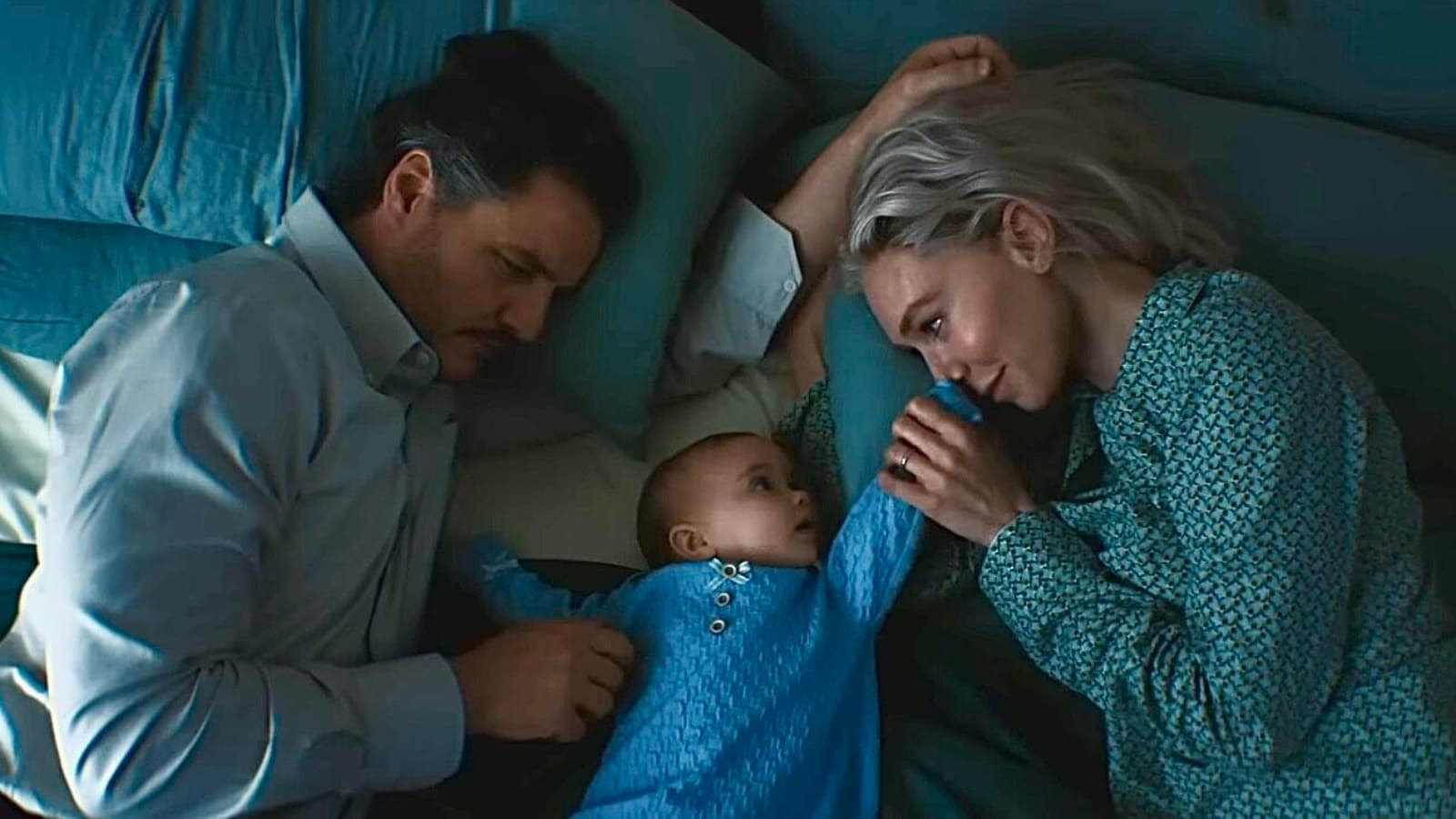Sean 'Diddy' Combs' lawyers push for acquittal in Mann Act case ahead of sentencing
Sean “Diddy” Combs’ defense team is now asking a federal judge to throw out the guilty verdicts that could land the music mogul behind bars for two decades. In a new 64-page legal filing submitted this week, his lawyers are challenging the application of the Mann Act, calling it an “unprecedented” use of the law in Combs’ case.
Sean Combs’ legal team files motion challenging Mann Act verdict, seeking acquittal or new trial months before October sentencing in federal case.
Frazer Harrison/Getty Images
The motion arrives months ahead of his scheduled sentencing on October 3. The legal team argues that Combs was convicted only on two counts tied to interstate transportation for the purpose of prostitution. Jurors rejected the broader allegations of racketeering and sex trafficking that had been the cornerstone of the government’s sweeping case.
Combs’ attorneys contend the government overreached by applying the Mann Act to conduct they say lacked both a commercial motive and any evidence of coercion. “To our knowledge, Mr. Combs is the only person ever convicted under the statute for anything like this,” the motion states.
Describing the activities at the center of the case, the attorneys say Combs organized private adult parties involving consensual sex between adults, including his longtime girlfriends and hired male escorts. All participants allegedly traveled voluntarily, and the defense insists no money was exchanged for sex, nor did Combs engage in sex with the hired men.
The filing raises concerns about the vague interpretation of the term “prostitution” under the Mann Act. Combs’ legal team argues the law’s lack of definition brings up potential constitutional problems when applied to consensual and non-commercial adult relationships.
Lawyers assert the case would have unfolded differently had Combs only faced the two Mann Act charges from the outset. According to the motion, a trial limited to those charges would have excluded “inflammatory” evidence presented under the larger racketeering narrative.
The defense further claims the video recordings of the so-called “freak-off” parties are a form of artistic expression protected under the First Amendment. “Like many other adult films, [the videos] were creative, intricate and highly choreographed,” an attorney wrote.
The motion asks the court to either acquit Combs entirely on the two transportation counts or grant a new trial focused solely on those charges. The filing also highlights the potential prejudice the jury may have experienced from being exposed to unrelated and inadmissible material tied to the broader criminal enterprise charges.
This legal push is the latest in a series of efforts by Combs’ lawyers to secure his release from the Metropolitan Correction Center in Brooklyn, where he has been detained since his September arrest. He remains held without bail after multiple judges deemed him a flight risk. A separate motion seeking his release on a $50 million bond and home confinement remains pending before Judge Arun Subramanian.
The Justice Department, though unsuccessful in proving most of its case, has made clear its intent to seek a significant sentence. The prosecution alleges that Combs attempted to conceal an assault on singer Cassie Ventura, an incident that drew widespread condemnation after security footage of the attack was published by CNN. Combs has since publicly apologized, calling his actions “inexcusable” and taking “full responsibility.”










